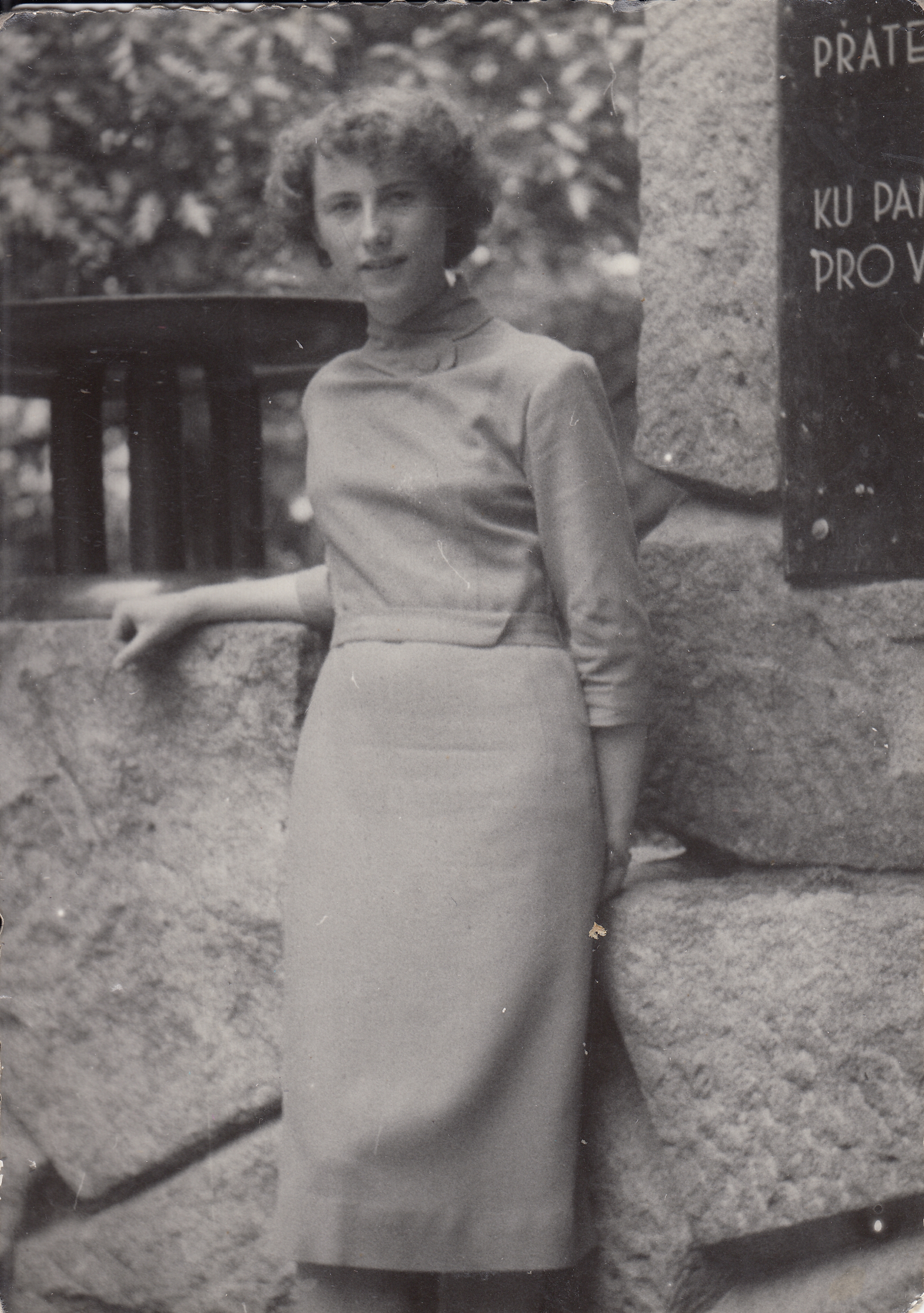They refused to take my mother to the cemetery because she was German

Stáhnout obrázek
Waltraud Vild was born on 13 December 1941 in the village of Miřetice near Vintířov in the Kadaň region into a German family in the house of her grandfather Josef Fuchs. The village was then inhabited only by Sudeten Germans. Waltraud Vild‘s family was the only one left in the village after the post-war expulsion of the Germans, probably due to the fact that her grandfather Josef Fuchs was a social democrat and an opponent of Hitler and Nazism. Even so, the family lost their home in Miřetice and had to move to Radonice. Other Germans who did not go to the expulsion were also relocated there, many of them worked in the Radonice coal mines and were therefore needed. Mrs. Vild lived only with her mother, grandparents and her uncles because her father, Waldemar Höptner, was from Germany, where he met her mother Rosa, enlisted at the front and fell into British captivity. He remained there for two years after the end of the war. Although he sought to emigrate the whole family to Germany, only Rosa Höptner and her daughter Waltraud were allowed to do so. Rosa Höptner was hesitant and did not want to leave her elderly parents. Unfortunately, she died suddenly in 1948. Waldemar Höptner then asked the grandparents of little Waltraud if they could continue to care for her. He never saw his daughter again. Uncle Josef then became the guardian of little Waltraud. She lived through the occupation of Czechoslovakia in Germany, and in the days of August 1968 she was on her first visit to her relatives in Bärenstein. After her studies in agriculture, Waltraud Vild worked as an economist on a farm in Vintířov, from 1979 in the cultural centre in Kadan and after 1991 in the tax office, where she remained until her retirement. In 2023 she was still living in Kadan.










